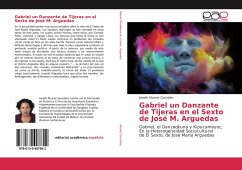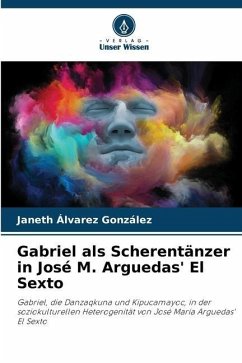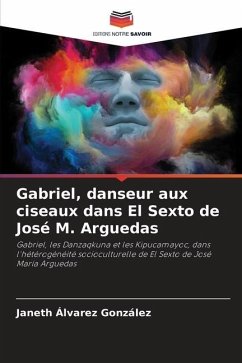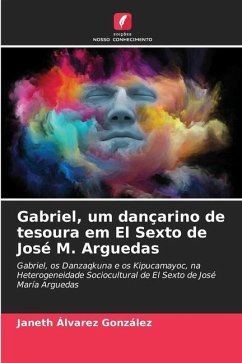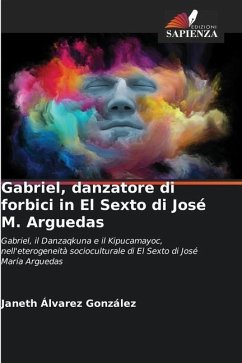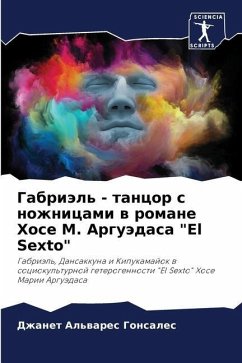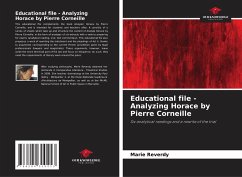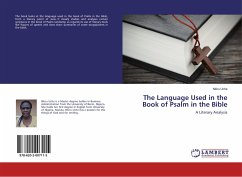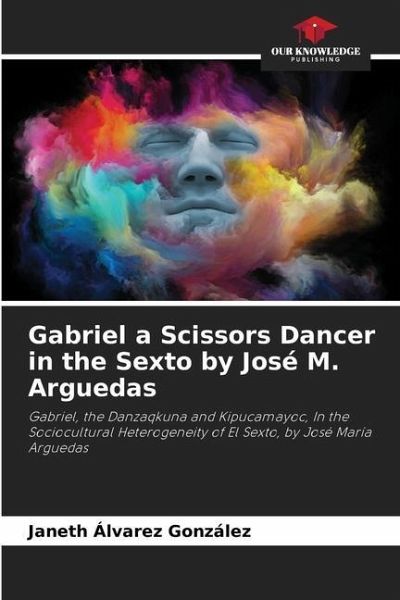
Gabriel a Scissors Dancer in the Sexto by José M. Arguedas
Gabriel, the Danzaqkuna and Kipucamayoc, In the Sociocultural Heterogeneity of El Sexto, by José María Arguedas
Versandkostenfrei!
Versandfertig in 6-10 Tagen
55,99 €
inkl. MwSt.

PAYBACK Punkte
28 °P sammeln!
At present there are very few studies on the work of El Sexto by José María Arguedas. The studies carried out have focused on other works by this author, which were done, among others, by Cornejo Polar, Lienhard and Vargas Llosa. The readings that have been made to date on El Sexto tend to focus on problems of the social context experienced in Peru in the 1930s. Authors such as Antonio Melis and William Rowe go so far as to affirm that all of Ardent's work contains a profound political sense. Based on the above, through this text I will try to offer you a different reading from those previou...
At present there are very few studies on the work of El Sexto by José María Arguedas. The studies carried out have focused on other works by this author, which were done, among others, by Cornejo Polar, Lienhard and Vargas Llosa. The readings that have been made to date on El Sexto tend to focus on problems of the social context experienced in Peru in the 1930s. Authors such as Antonio Melis and William Rowe go so far as to affirm that all of Ardent's work contains a profound political sense. Based on the above, through this text I will try to offer you a different reading from those previously mentioned. Through it, you will be able to see that the author moves along a different path from trying to preserve an archaic culture, or to return to a utopia. I will say that El Sexto tries to give account of what Arguedas himself once said: "... the division of the country into two universes, two worlds, totally different" and that is precisely how El Sexto's prison is divided, symbolically. The problem arises, precisely, when Arguedas makes these two worlds, so heterogeneous, so different and unreachable, manage to touch each other.



